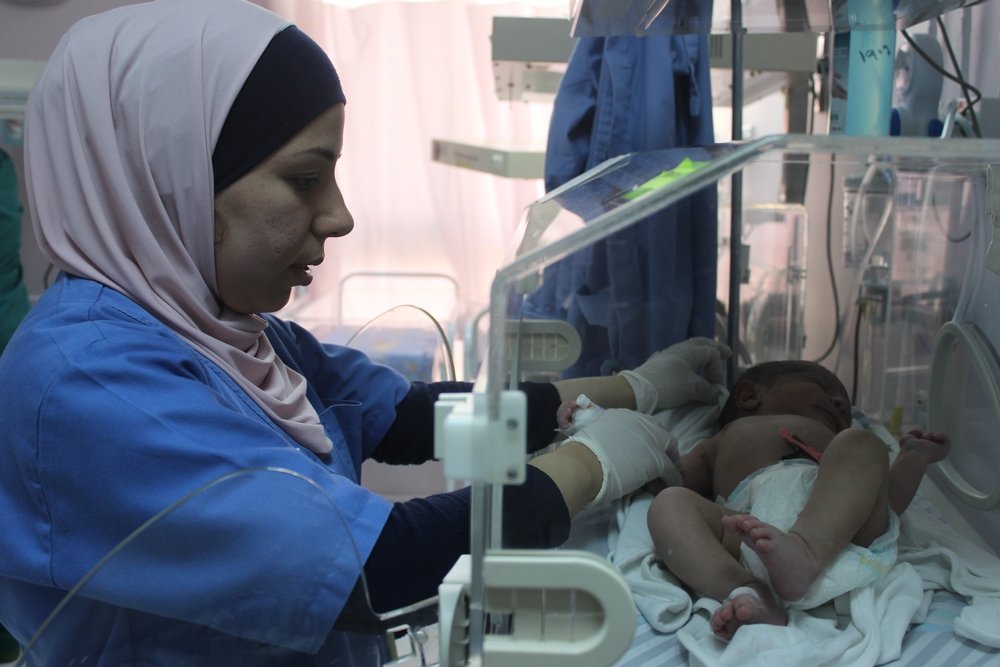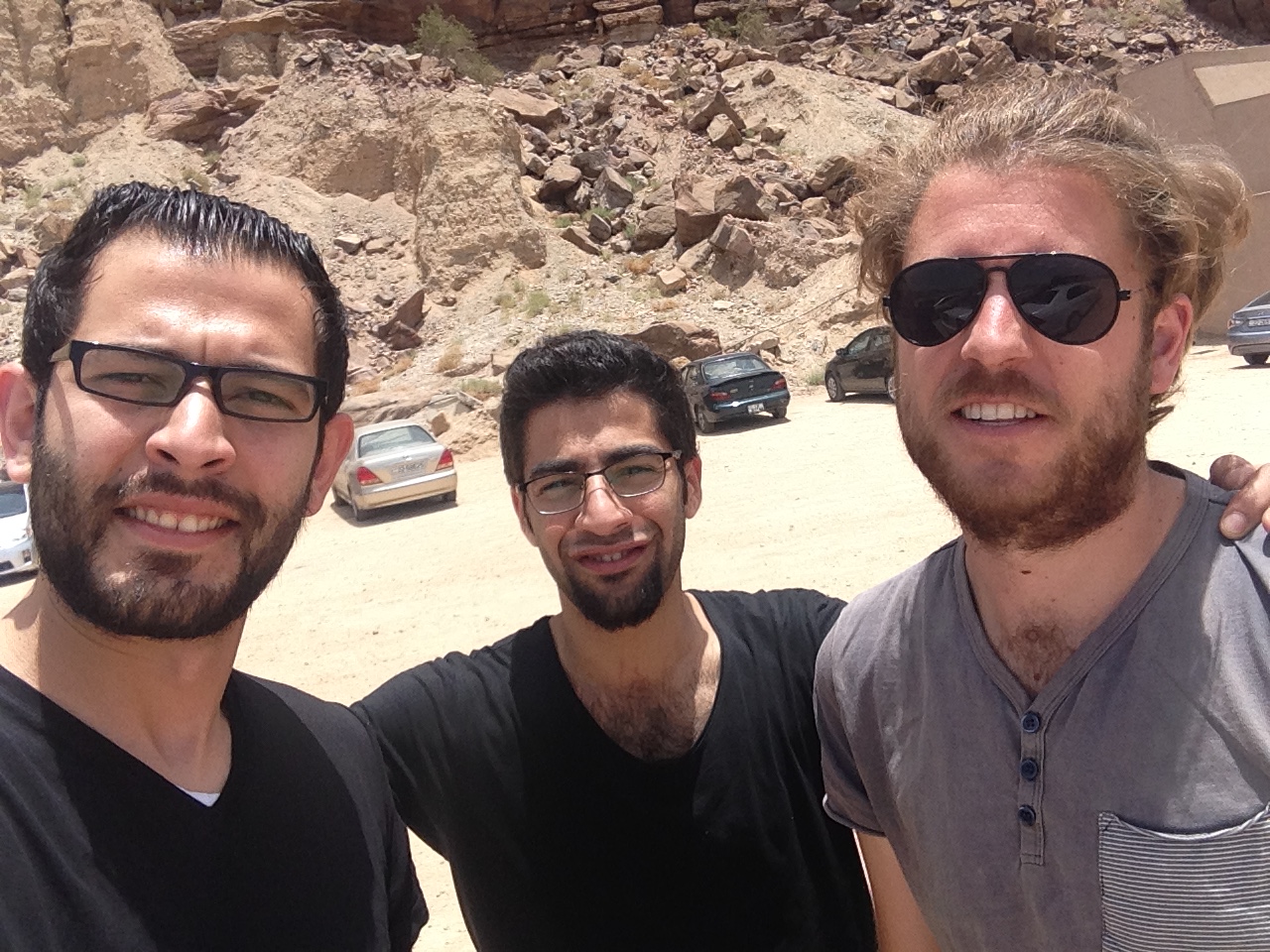Tasmanian Joseph Pickett found that the skills he gained managing theatre, circuses and music festivals would interestingly transfer to humanitarian aid in his role as a Logistician Manager in Médecins Sans Frontières’ maternity hospital in northern Jordan. He talks about working in a medical setting for the first time, the most interesting aspects of the role.

“When some people picture Médecins Sans Frontières logisticians, they bring to mind someone underneath the bonnet of an off-road vehicle, or tinkering with a generator. But for me, manual work only occupied about 20 per cent of my day. The 80 per cent was spent managing a team, organising rosters, responding to emails…all the other things that need to happen to keep a project running smoothly. I worked in their maternity hospital in Irbid, northern Jordan, which provides free healthcare to help meet the needs of Syrian refugees and vulnerable Jordanians. According to the UNHCR, more than 650,000 Syrians have crossed the border seeking safety in Jordan. The hospital is very busy. In addition to the maternity ward, there is a neonatal intensive care unit and a mental health clinic for children. Four or so psychologists work in the clinic seeing a huge number of children every week. Médecins Sans Frontières is the only international NGO providing mental health services in the city and the need is great, as the extensive waiting list shows reaching to 160 when I left in June 2016.
Fortunately we have a great team. The Jordanian Staff member who I worked closely with was Baseem He was our Logistician Assistant and was promoted to the Logistician Supervisor position. He came from tourism and IT background and started with Médecins Sans Frontières as a daily worker driver. He has been with Irbid project for almost 2 years and it’s great to see this kind of career within in Médecins Sans Frontières. And as a matter of fact, the most interesting aspect for me was being a part of the management of the logistic team and flow of a hospital for the first time. I really enjoyed learning about all the different equipment and procedures. My background is in communications and events management – I’ve worked in theatre, for circuses, music and art festivals. The skills are transferable; the work of a Médecins Sans Frontières logistician is just like project management in any industry. You don’t need to be an electrician or a plumber (although it would probably help at times!). You just need to be able to effectively plan and prioritise tasks, and manage people to get things done on time and on budget.

The main challenge I faced was probably my lack of Arabic, as there aren’t many English speakers in Irbid. I worked closely with my national staff colleagues to bridge language barriers. There were also quite a few cultural differences to adjust to, for example, my final few weeks on the project were during Ramadan. In the summer, with longer days and heat, fasting is not easy for people but it was also an occasion for me to share a lot with them. Navigating these different ways of working was very rewarding.
The standards of medical care in Jordan are high, making Irbid an atypical Médecins Sans Frontières experience. For my next assignment I’d like to contribute to a project at the other end of the spectrum but am happy to contribute to any projects around the world as it is a very fulfilling experience and such an enjoyable challenge working in different cultures to benefit people most in need.”
For more information, register for recruitment updates.

